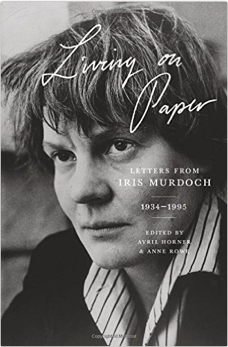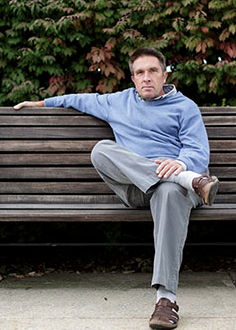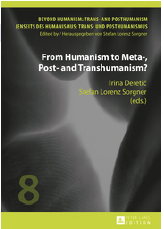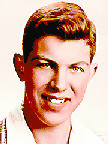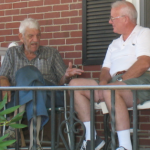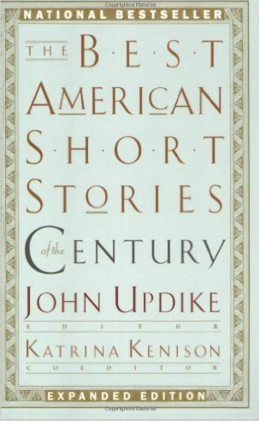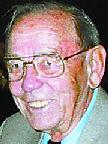 Richard K. Hiester died on Jan. 31, 2016 at the age of 86. Though he was employed for 35 years by Dana Corp. and though he was a U.S. Navy veteran who served during the Korean Conflict, he was perhaps best known in Berks County for his basketball prowess and for his nickname: “Rabbit.” John Updike, three years his junior at Shillington H.S., famously appropriated the nickname in creating his most famous fictional character, Harry Angstrom, the protagonist of four novels and a novella—two of which would win the Pulitzer Prize for Fiction.
Richard K. Hiester died on Jan. 31, 2016 at the age of 86. Though he was employed for 35 years by Dana Corp. and though he was a U.S. Navy veteran who served during the Korean Conflict, he was perhaps best known in Berks County for his basketball prowess and for his nickname: “Rabbit.” John Updike, three years his junior at Shillington H.S., famously appropriated the nickname in creating his most famous fictional character, Harry Angstrom, the protagonist of four novels and a novella—two of which would win the Pulitzer Prize for Fiction.
Memorials can be made to Heartland Hospice, 4 Park Plaza, Wyomissing, PA 19610, or Home Instead Senior Care, 881 Marcon Blvd., Suite 3700, Allentown, PA 18109. Other condolences can be offered on the website of Edward J. Kuhn Funeral Home, www.kuhnfuneralhome.com. The society offers its sincere condolences to his children, Brian D., husband of Kathleen Hiester, Wernersville, and Todd K. Hiester, Sinking Spring, and his grandchildren.

